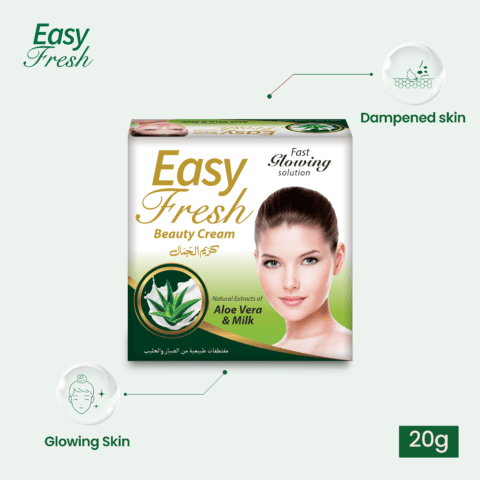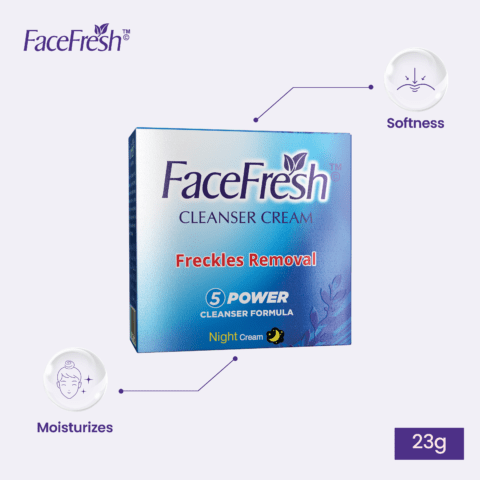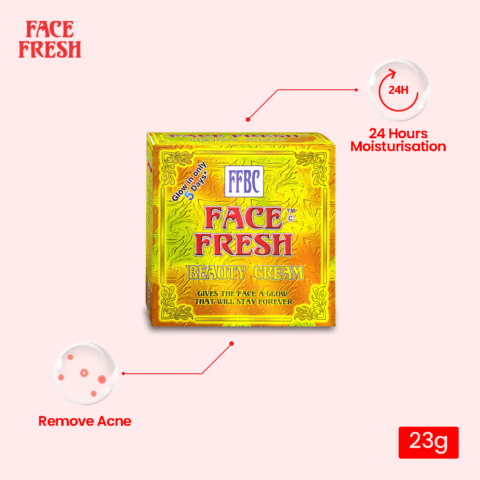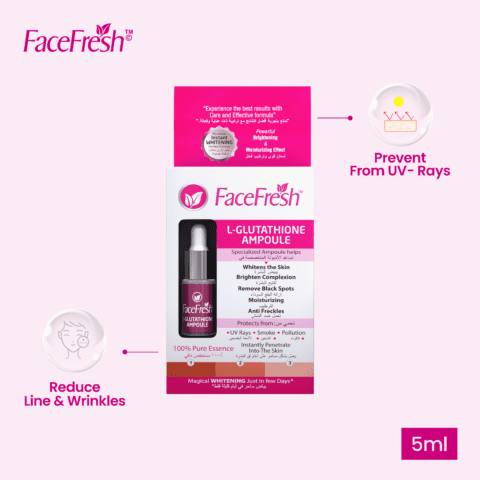Eczema, also known as dermatitis, is a common skin condition that affects millions of people worldwide. It is characterized by inflammation, itchiness, and various skin abnormalities. In this article, we will explore the symptoms, triggers, and management strategies for eczema to help individuals understand and cope with this condition more effectively.
Introduction
Eczema is a chronic skin disorder that manifests in different forms, each with its own set of symptoms and triggers. It can affect people of all ages, from infants to adults, and may have a significant impact on their quality of life. Understanding the symptoms and triggers of eczema is essential for effective management and prevention of flare-ups.
Types of Eczema
- Atopic Dermatitis: Atopic dermatitis is the most common type of eczema, often occurring in individuals with a family history of allergies or asthma. It is characterized by dry, itchy, and inflamed skin.
- Contact Dermatitis: Contact dermatitis occurs when the skin comes into contact with an irritant or allergen, leading to localized inflammation. Common irritants include soaps, detergents, and certain metals.
- Dyshidrotic Eczema: Dyshidrotic eczema primarily affects the hands and feet, causing small, itchy blisters. This form of eczema is often triggered by stress or exposure to allergens.
- Nummular Eczema: Nummular eczema is characterized by coin-shaped patches of inflamed skin. It is more prevalent in colder months and is often triggered by dry skin.
Common Symptoms of Eczema
Eczema can present with a variety of symptoms, although the specific manifestations may differ depending on the type of eczema and individual factors. Common symptoms include:
- Itchy and inflamed skin: Eczema-prone skin is often intensely itchy, leading to scratching and further irritation.
- Redness and rash: The affected areas may appear red and inflamed, with a rash-like appearance.
- Dry and scaly patches: Eczema can cause dryness and flakiness of the skin, leading to rough and scaly patches.
- Swelling and blistering: In severe cases, eczema can result in swelling and the formation of small fluid-filled blisters.
Triggers of Eczema
Eczema flare-ups can be triggered by various factors, including:
- Allergens: Common allergens such as dust mites, pollen, pet dander, and certain foods can trigger eczema symptoms in susceptible individuals.
- Irritants: Harsh chemicals, fragrances, and certain fabrics can irritate the skin and trigger eczema flare-ups.
- Stress and emotions: Emotional stress and heightened emotions can exacerbate eczema symptoms, leading to increased inflammation and itchiness.
- Weather conditions: Dry and cold weather, as well as excessive heat and humidity, can worsen eczema symptoms.
Diagnosing Eczema
To diagnose eczema, a dermatologist will typically consider the individual’s medical history, conduct a physical examination, and may perform additional tests such as:
- Patch testing: This involves applying small amounts of potential allergens to the skin to determine if an allergic reaction occurs.
- Skin biopsy: In some cases, a small sample of skin may be taken for microscopic examination to rule out other skin conditions.
Management and Treatment of Eczema
While there is no cure for eczema, various management strategies can help alleviate symptoms and prevent flare-ups. These include:
- Moisturization and skincare routine: Regular moisturization using emollients and gentle skincare products can help keep the skin hydrated and reduce itchiness.
- Avoiding triggers: Identifying and avoiding allergens and irritants specific to each individual can significantly reduce eczema flare-ups.
- Topical corticosteroids: These medications are commonly prescribed to reduce inflammation and alleviate symptoms during flare-ups.
- Immunosuppressants and biologics: For severe cases, medications that suppress the immune system or target specific immune responses may be prescribed.
Lifestyle Changes for Eczema Management
Making certain lifestyle changes can complement medical treatments and help manage eczema effectively. These changes include:
- Clothing choices and fabrics: Opting for loose-fitting, breathable clothing made from soft fabrics such as cotton can minimize irritation and promote airflow to the skin.
- Avoiding hot water and harsh soaps: Using lukewarm water for bathing and mild, fragrance-free soaps can prevent drying and further irritation of the skin.
- Stress management techniques: Engaging in relaxation techniques such as meditation, yoga, or deep breathing exercises can help reduce stress levels and minimize eczema flare-ups.
- Maintaining a healthy diet: Consuming a well-balanced diet rich in fruits, vegetables, and omega-3 fatty acids can support overall skin health.






Leave a comment
Your email address will not be published. Required fields are marked *